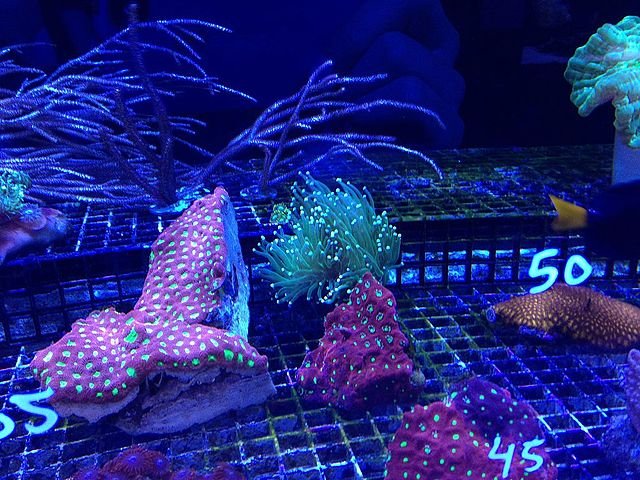by Rosenstiel School of Marine and Atmospheric Science
A new study led by scientists at the University of Miami (UM) Rosenstiel School of Marine and Atmospheric Science found concrete evidence that more than 85 percent of the grouper and snapper studied are overfished as a direct result of increasing human demand for seafood.
The research team analyzed 30 years of population data for 15 coral reef fish species central to South Florida’s commercial and recreational fisheries using their length-based risk analysis (LBRA) framework.
They found that three out of the five grouper species, all eight snapper species, and two grunts analyzed were below the 40 percent minimum spawning potential ratio, a regulation necessary to sustain fish populations.
For black grouper, by increasing the current minimum catch size from 24 inches (61 cm) to 44 inches (110 cm), the spawning population would grow to 40 percent, large enough to produce a meaningful number of new juveniles. It would take approximately 10 years for the population to recover to a point where it was minimally sustainable and 22 years to reach equilibrium where a sustainable catch becomes possible.
“The situation is analogous to your bank account,” said the study’s lead author Jerald Ault, professor of environmental science and policy at the UM Rosenstiel School. “That is, without a significant account balance, in this case fish in the water, you can’t get meaningful interest— significant numbers of large fish to catch, but also to spawn and replenish the reef.”
The study, “Length-based risk analysis of management options for the southern Florida USA multispecies coral reef fish fishery,” published in the journal Fisheries Research, provides a blueprint to effectively balance fishery production—how many fish are taken from the sea—to reduce overfishing and protect these valuable fish populations now and in the future.
The study was supported by the NOAA Southeast Fisheries Science Center & Coral Reef Conservation Program Grant No. NA20OAR4320064, National Park Service Natural Resource Conservation Assessment Program Grant No. P18AC01130-03, Florida RESTORE Act Center of Excellence Grant No. FIO-4710112600B, Florida Power & Light Corporation Contract No. 2000347910, and the National Parks Conservation Association.
Reference (open access)
Jerald S. Ault, Steven G. Smith, Matthew W. Johnson, Laura Jay W. Grove, James A. Bohnsack, Gerard T. DiNardo, Caroline McLaughlin, Nelson M. Ehrhardt, Vanessa McDonough, Michael P. Seki, Steven L. Miller, Jiangang Luo, Jeremiah Blondeau, Michael P. Crosby, Glenn Simpson, Mark E. Monaco, Clayton G. Pollock, Michael W. Feeley, Alejandro Acosta. Length-based risk analysis of management options for the southern Florida USA multispecies coral reef fish fishery, Fisheries Research, Volume 249, 2022, 106210, ISSN 0165-7836, https://doi.org/10.1016/j.fishres.2021.106210.
Stay Always Informed
Join our communities to instantly receive the most important news, reports, and analysis from the aquaculture industry.
Editor at the digital magazine AquaHoy. He holds a degree in Aquaculture Biology from the National University of Santa (UNS) and a Master’s degree in Science and Innovation Management from the Polytechnic University of Valencia, with postgraduate diplomas in Business Innovation and Innovation Management. He possesses extensive experience in the aquaculture and fisheries sector, having led the Fisheries Innovation Unit of the National Program for Innovation in Fisheries and Aquaculture (PNIPA). He has served as a senior consultant in technology watch, an innovation project formulator and advisor, and a lecturer at UNS. He is a member of the Peruvian College of Biologists and was recognized by the World Aquaculture Society (WAS) in 2016 for his contribution to aquaculture.







